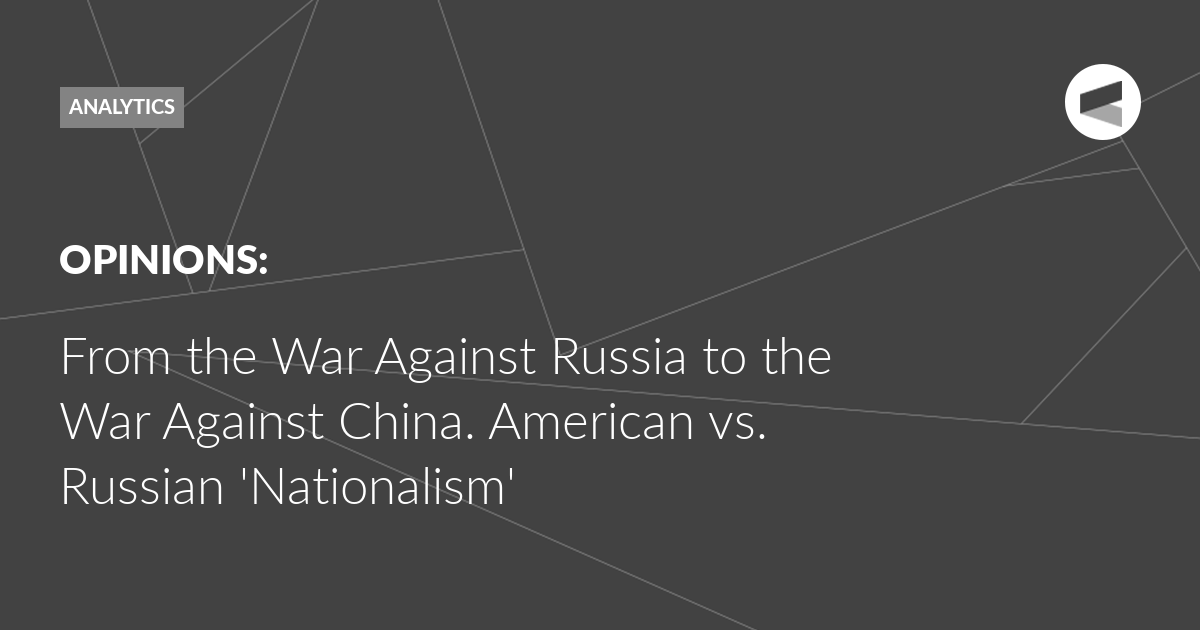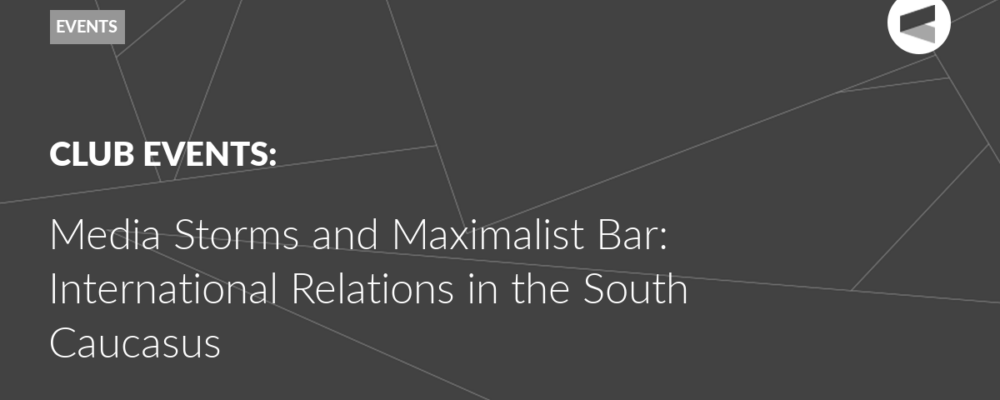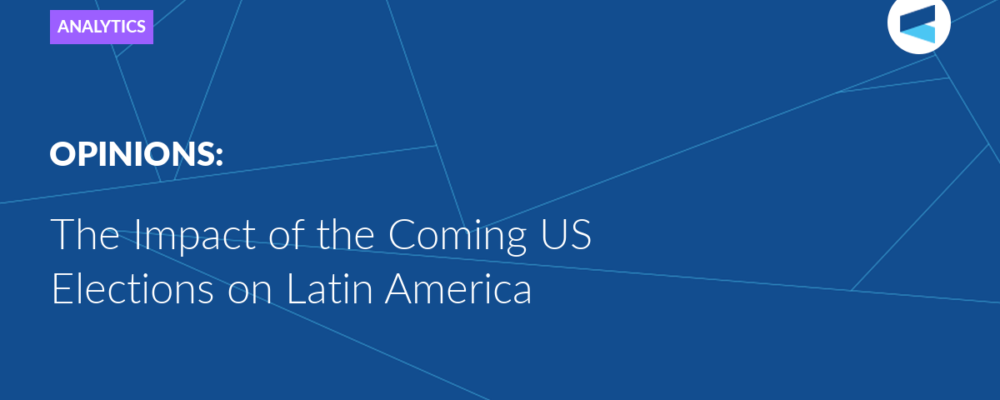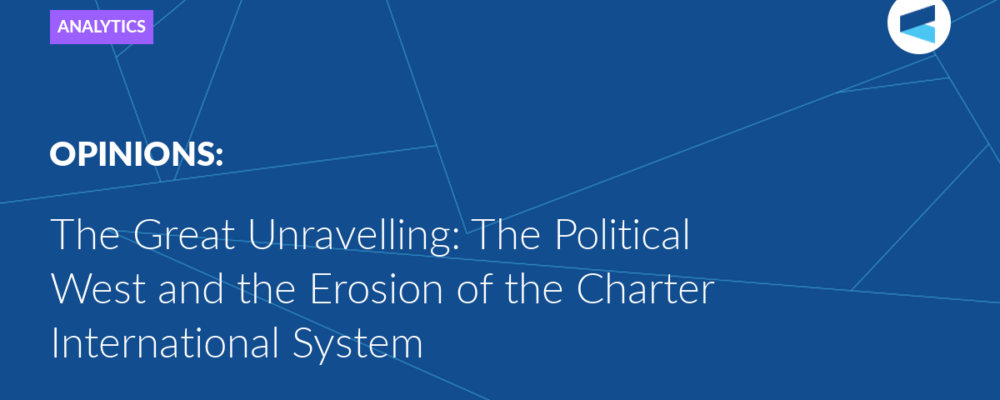Trump’s Foreign and Military Policy
In a series of articles, even before the announcement of Trump’s tariffs, we examined the foreign and military policy of the US President.
The contradictions in Trump’s policy support the view that his goal, along with the faction of big Capital that has rallied behind him and Mr. Netanyahu, is a strategic retreat. They realise that the West is not capable of achieving the objectives it pursued when it provoked and participated in the war in Ukraine—namely, the recovery of Donbass and Crimea, the overthrow of the Russian government and the dismemberment of Russia. The continuation of the war absorbs significant resources from other “fronts” while simultaneously strengthening the trends of the Global South’s emancipation from the “collective West,” particularly the dollar, the primary tool for refinancing the US economy.
Thus, these forces aim to close the Ukrainian chapter with minimal losses and gains (rare-earth metals) and focus on the war against China, which is the West’s strongest economic and technological rival. They have already launched the war in recent days, without even waiting for peace to be restored in Ukraine.
They have not hidden these ambitions. Trump’s own vice president, JD Vance (who once called Trump “America’s Hitler” before joining his camp), has explained that the US president will close the Ukrainian chapter to concentrate on China, while also making it clear that he will deal with Iran.
In anticipation of the war with China, the Trump faction naturally seeks to secure their “rear” in the American continent, while Netanyahu, a key figure behind Trump’s re-election, aims to “swallow” the entire Middle East with Trump’s help—a soft underbelly for Russia, Central Asia, and, further afield, China. Already, Syria, occupied by Turkey and Al-Qaeda with the complicity of the West and Israel, serves as an excellent base for launching attacks across Eurasia. Not coincidentally, Trump congratulated Erdogan for achieving something no one had done in 2,000 years: occupying Syria with the help of jihadists. These congratulations reveal the quality of today’s leadership in the US and Turkey (and Israel, which is now escalating a genocide in Palestine—a genocide that not only destroys Palestinians but erodes the moral foundation of all humanity, as long as no effective action is taken to stop it).
The Trump (and Netanyahu) bloc also seeks to dismantle Russia’s alliances with Iran, China, North Korea, the BRICS, and any idea of replacing the dollar. They might even attempt to repeat the deception of the 1989 US-Soviet rapprochement, this time using “patriotism” and “nationalism” as glue instead of purported democracy and prosperity (we all know how it ended). But American “patriotism” and nationalism (“America First”) are imperialistic, aiming for global US dominance, essential for the survival of US capitalism. Russian patriotism and “nationalism” are primarily defensive reactions to the constant Western assault on the Soviet/Russian space. The similarities between the two are only superficial. The US tendency toward imperialism is not the result of the ideas of its ruling class, whether “globalist” or “nationalist”. It is inherent in the very economic system of the US, which requires the constant transfer of economic surplus from the rest of the planet to avoid collapse. We have known this for over a century. The organic need to exploit new markets and resources is the root cause of the two world wars, the Cold War, and today’s wars against Russia, China, and the peoples of the Middle East and the Global South.
The current Russian leadership knows how much it has gained by presenting itself as the defender of the “global majority”. Russia’s success against NATO, the strongest military and economic alliance in human history, in terms of nullifying its objectives, is undoubtedly due to the high quality of Soviet military strategy inherited by the Russian armed forces from the Red Army. War, as Clausewitz defined it, remains the continuation of politics, so Russia’s success also reflects the support of a majority of Russian society, which judged that it could not afford to let its homeland lose the war. Without such support, success would have been unthinkable. But this success is also the result of the fact that the majority of the world’s nations did not support the collective West against Russia and did not impose sanctions.
They acted this way because they are exhausted by the constant interventions of the United States and other Western powers around the world. They acted this way because they also realised that if NATO managed to defeat and dismember Russia, overthrowing its government, no person, nation, or continent could feel safe. Russia has gained enormous political capital worldwide, except in the West, and even some parts of Western public opinion that lack satisfactory political expression today. It cannot afford to lose it.
Moscow has every reason to explore Trump’s intentions in Ukraine and exploit any openings he may try. But it cannot satisfy the dreams of the “Trumpists” and ally with them against China. Because it knows that if it dismantles its alliances, it will not easily be able to rebuild them. Moreover, a Western victory over China would leave Russia itself in a desperately difficult position. We must not forget that while Washington may appear “conciliatory” in Ukraine (it remains to be seen how genuine this is), it is pushing Europe into over-armament, has presented the largest military budget in its history, and is interested in a new “Star Wars”.
A Great Challenge and a Great Opportunity
Returning to the trade war declared by the United States against China, these developments place Beijing, as well as Russia, the Shanghai Organisation, BRICS, and the entire Global South, before the challenge of proposing and fighting for a new democratic, just, ecological, and social global economic order. Such an order would allow humanity to evolve peacefully toward a higher form of civilisation and prevent the attempt to impose a global totalitarian dictatorship of American and Western capitalism over all the nations of the world.
This is also a challenge to any forces in Europe that remain outside the control of financial capital and the US and NATO.
The challenge is immense, but so is the opportunity.
The Valdai Discussion Club was established in 2004. It is named after Lake Valdai, which is located close to Veliky Novgorod, where the Club’s first meeting took place.
Please visit the firm link to site






